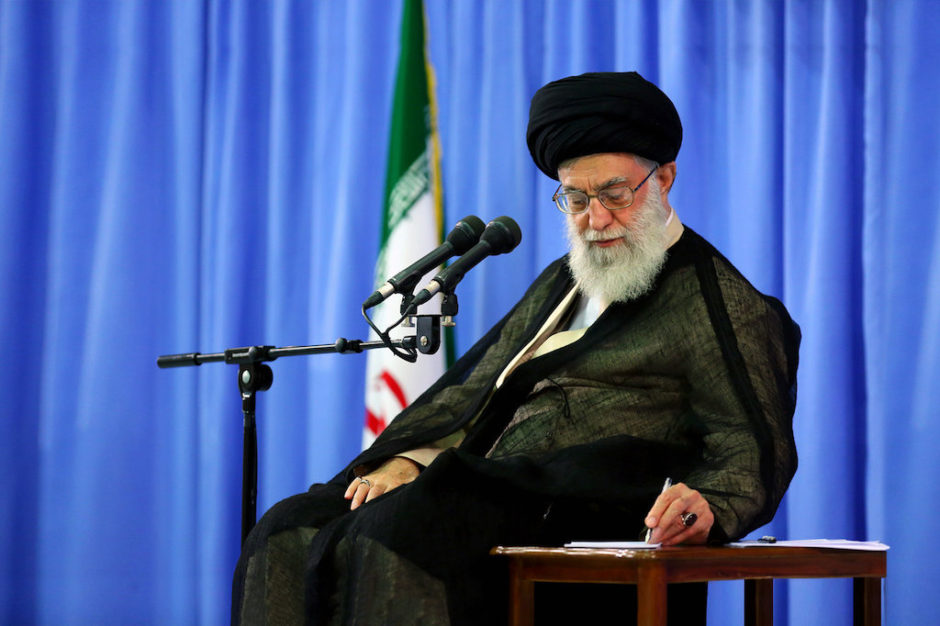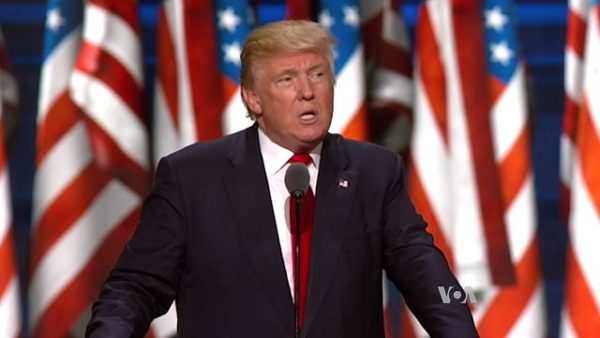
In what is probably a strategic blunder, U.S. President Donald Trump has withdrawn from the 2015 landmark Iran nuclear agreement, having denounced it as a “disastrous” and “horrible one-sided deal” that was “defective at its core.”
Trump, however, offered to negotiate a new deal with Iran, but Iran is very likely to reject his proposition.
Fulfilling a presidential campaign pledge to pull out of it, and defying pleas by American allies to preserve and improve it, Trump announced he would now reimpose stringent economic sanctions on the “murderous regime” in Iran.
Tehran has complied with the accord, according to the Vienna-based International Atomic Energy Agency. Yukiya Amano, its director, said on May 9 that Iran has implemented its commitments and that Iran is “subject to the world’s most robust nuclear verification regime.”
Trump dismissed Iran’s compliance as irrelevant. As he put it, “The agreement was so poorly negotiated that even if Iran fully complies, (Iran) can still be on the verge of a nuclear breakout in just a short period of time.”
Trump made his momentous announcement on May 8. It came after French President Emmanuel Macron, German Chancellor Angela Merkel and British Foreign Secretary Boris Johnson visited Washington in a vain attempt to dissuade him from leaving the agreement, one of the signature foreign policy achievements of his predecessor, Barack Obama.
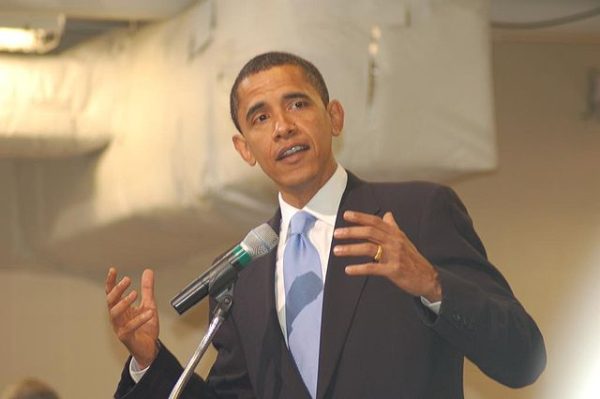
Obama branded Trump’s decision as “misguided” and as a blow to American credibility.
Trump has consistently opposed the multinational pact, formally known as the Joint Comprehensive Plan of Action.
“The Iran nuclear deal is a terrible one for the United States and the world,” he tweeted in April 2015, just a day after its framework was finalized and a year before he announced his intention to run for the presidency. “It does nothing but make Iran rich and will lead to catastrophe.”
Adopted in October 2015, it was implemented in January 2016 by the five permanent members of the United Nations Security Council — China, France, Russia, Britain and the United States — and Germany and Iran.
In exchange for drastically limiting its nuclear program, which Iran disingenuously insists is only for peaceful purposes, the United States, the European Union and the United Nations agreed to lift a broad range of crippling sanctions. As a result, Iran was free to sell its oil and gas abroad and resume normal trade with foreign countries.
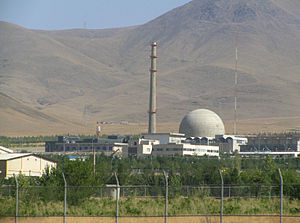
Supporters of the agreement hailed it as an important landmark in non-proliferation that would contribute to stability in the volatile Middle East and prevent a war between Iran and Israel.
Critics, claiming it was dangerously flawed, argued there was no guarantee that Iran would not restart its nuclear program once it expired in 2025. They also said that sanctions relief to the tune of tens of billions of dollars would enable Iran to increase its baneful influence in the region through such proxies as Syria, Hezbollah, Hamas and a host of Shi’a militias. And they expressed concern that Iran was at liberty to develop ballistic missiles, which can deliver nuclear weapons.
Challenging his European allies to revamp the accord, Trump issued an ultimatum on January 12. Unless its “disastrous flaws” were fixed, the United States would withdraw from it. Trump’s demands ran the gamut from tougher inspections of Iranian nuclear facilities to the removal of “sunset clauses” on uranium enrichment.
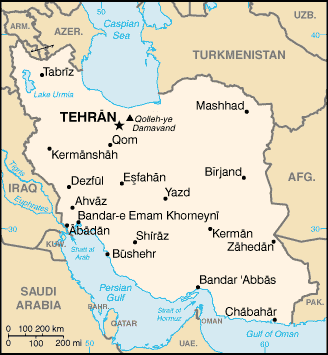
U.S. allies were willing to cooperate, but Iran, as well as Russia and China, balked at overhauling the agreement, which was about a decade in the making.
Trump’s former secretary of state, Rex Tillerson, urged him to abide by it. But after he was replaced by Mike Pompeo, and after John Bolton succeeded H.R. McMaster as national security adviser, Trump adopted a still tougher line on Iran.
On April 27, on his first full day on the job, Pompeo — the former director of the Central Intelligence Agenc — disclosed that Trump would withdraw from it unless major changes were instituted. “Absent a substantial fix, he is unlikely to stay in that deal past this May,” he said in Brussels.
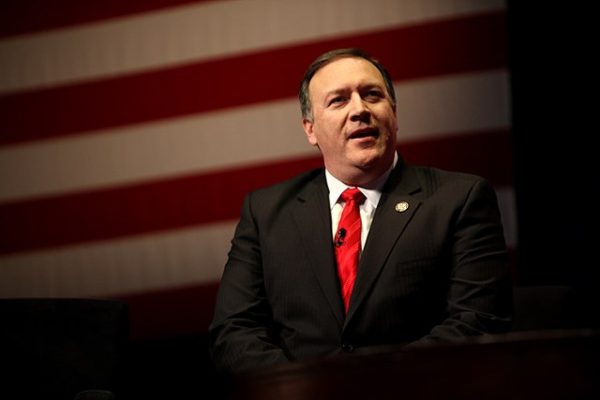
The following day, in Israel, Pompeo said, “President Trump’s been pretty clear: This deal is very flawed. He’s directed the administration to try to fix it, and if we can’t fix it, he’s going to withdraw.”
Much to Israel’s satisfaction, Pompeo warned of Iran’s “destabilizing and malign activities” in the Middle East. And, in a reference to Iran’s persistent calls for Israel’s destruction and its efforts to build a military infrastructure in Syria menacingly near the Israeli border, he added, “We remain deeply concerned about Iran’s dangerous escalation of threats to Israel and the region and Iran’s ambition to dominate the Middle East.”
This was music to the ears of Prime Minister Benjamin Netanyahu, a fierce opponent of the agreement.
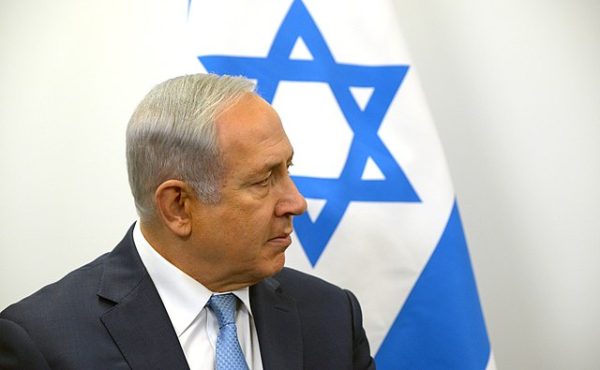
Several days before Pompeo’s arrival in Israel, Netanyahu laid out his policy toward Iran. “Israel will not allow regimes that seek our annihilation to acquire nuclear weapons,” he declared. Claiming that the accord provides Iran with a clear path to a nuclear arsenal, he said, “It allows, over a few years, unlimited enrichment of uranium, the core ingredient required to produce nuclear bombs. And it also does not deal with the ballistic missiles that can deliver this weapon to many, many countries. This is why this deal has to be either fully fixed or fully nixed.”
Shortly afterward, Netanyahu accused Iran of deceiving the world about the true nature of its nuclear program. Standing next to a cabinet filled to the brim with Iranian files stolen by the Mossad in Tehran this past January, Netanyahu said they conclusively prove that Iran’s objective was to build a nuclear arsenal.
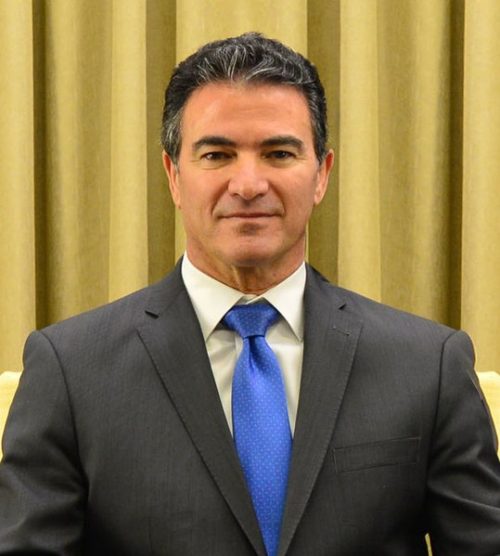
Prior to Netanyahu’s disclosure, Yossi Cohen, the director of the Mossad, said he was absolutely sure that Iran seeks to join the nuclear club, of which Israel is an unofficial member. As he said, “I am 100 percent certain that Iran has never abandoned its military nuclear vision for a single instant. The (nuclear) deal enables Iran to achieve that vision. That is why I believe it must be completely changed or scrapped.”
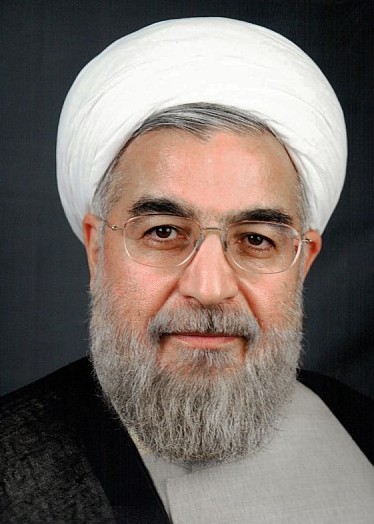
Before the latest turn of events, Iranian President Hassan Rouhani issued a warning that Iran might resume uranium enrichment if the United States withdrew from the agreement, a threat reiterated by Iranian Foreign Minister Mohammad Javid Zarif.
In the wake of Trump’s announcement, Rouhani modified his position, saying that Iran would stick with the accord if its interests are secured. On May 9, Iran’s supreme leader, Ayatollah Ali Khamenei, said that Iran would leave the agreement if the European signatories are unable to guarantee that trade relations would continue unimpeded following the US withdrawal.
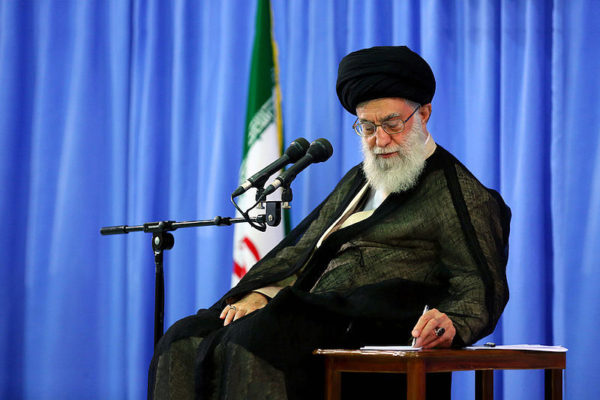
The leaders of Britain, France and Germany urged Iran to “continue to meet its own obligations under the deal.” The foreign policy chief of the European Union, Federica Mogherini, said it was “determined to preserve” it so that Iran can never develop nuclear weapons.
It remains to be seen what comes next.
If Iran honors the agreement, the United States will find itself isolated and at odds with some of its key allies in Europe. But if Iran withdraws and restarts its nuclear program, the Middle East would be thrown into utter turmoil, to everyone’s detriment.
Israel, and perhaps the United States, might well decide to use military force to change the status quo.
An Israeli preemptive attack on Iranian nuclear facilities, which Netanyahu seriously considered in 2012, would be extremely risky and perhaps even counter-productive. It would merely delay Iran’s nuclear program, which could be resurrected. And it would ensure an Iranian counter-strike against Israel. Iran and its allies could fire tens of thousands of rockets at Israel, causing a huge number of civilian casualties and immense property damage in Israel’s major cities.
A bombing campaign by the United States might be more successful, but in all likelihood, it would fail to wipe out Iran’s nuclear facilities and would unite Iranians around the regime. In response, Iran would retaliate by lashing out at Israel, as its political and military leaders have warned.
Considering these scenarios, Trump may well have stumbled into a mine field by pulling out of an agreement that effectively froze Iran’s nuclear ambitions. The accord may be flawed and in need of revision, as Trump pointed out, but the alternative could be far worse.
